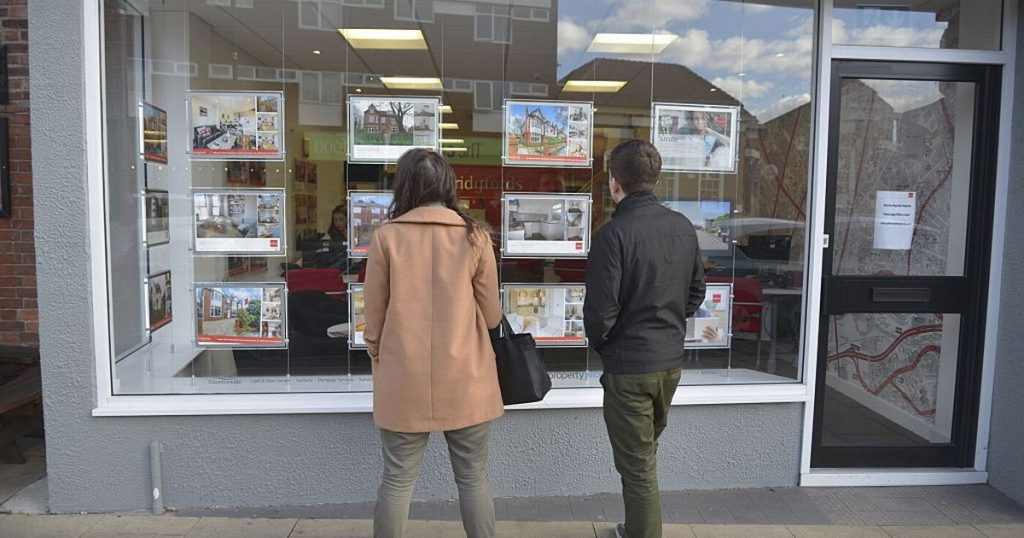Rising rent prices are outpacing wage growth in the UK, with the average monthly cost of renting a home now exceeding half of a full-time worker’s take-home pay. The cost of renting has increased by 9.1% over the past year, and by 34.8% since 2015. Despite a 23.1% increase in average earnings over the same time period, rent affordability has worsened, with over half of a worker’s paycheque now going towards rent.
Bristol has seen the biggest increase in rent unaffordability, with the average cost of renting a home in the city rising at more than twice the rate of full-time salaries. In Bristol, renting the average home costs 74.2% of the typical take-home wage, making it one of the least affordable places to rent in the country. However, London remains the most unaffordable location for renters, with areas like Westminster, Camden, and Hammersmith commanding a significant portion of workers’ pay for rent.
An interactive map allows users to see how rent affordability has changed over time in different regions of the UK. With rent prices soaring and wages struggling to keep pace, many Brits find themselves allocating more than half of their monthly take-home pay to rent. This trend has persisted over the past decade, highlighting the challenges faced by renters in a market where housing costs continue to outstrip income growth.
The disparity between rent prices and wages is particularly pronounced in London, where the average cost of renting a home far exceeds the national average. As rents continue to climb, renters in the capital are under increasing strain to cover their housing costs, with many facing the prospect of spending a substantial portion of their income on rent. This highlights the need for affordable housing solutions to address the growing affordability crisis in the UK.
The rental market in the UK is experiencing significant challenges, with rent prices rising at a much faster rate than wages. As a result, many individuals are struggling to afford housing, with a growing portion of their income going towards rent. The situation is particularly dire in cities like Bristol and London, where high rental costs have outpaced wage growth, creating a housing affordability crisis for many residents.
Improved housing policies and initiatives are needed to address the affordability crisis in the UK rental market. Measures to increase affordable housing supply, regulate rental prices, and support income growth for workers can help alleviate the burden placed on renters. By addressing the root causes of rising rent prices and stagnant wages, policymakers can work towards creating a more equitable and sustainable rental market that benefits both tenants and landlords.


